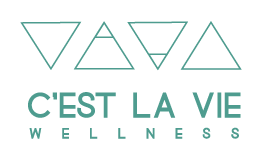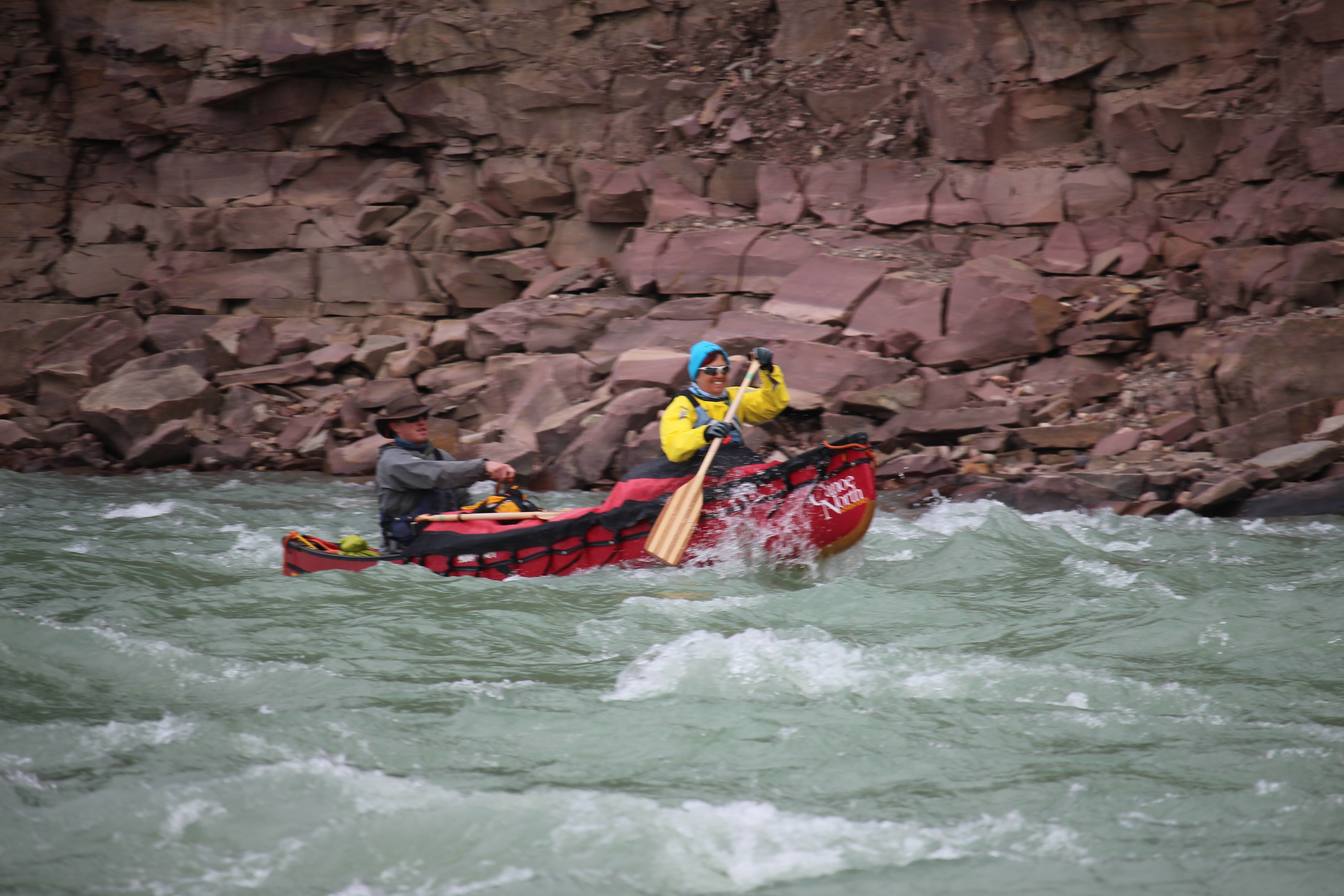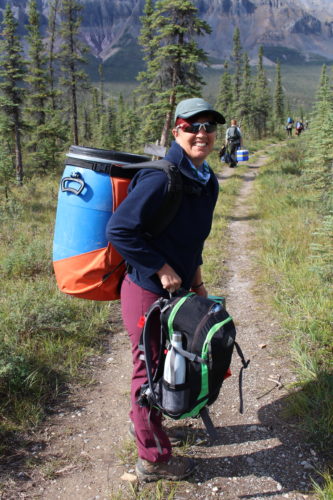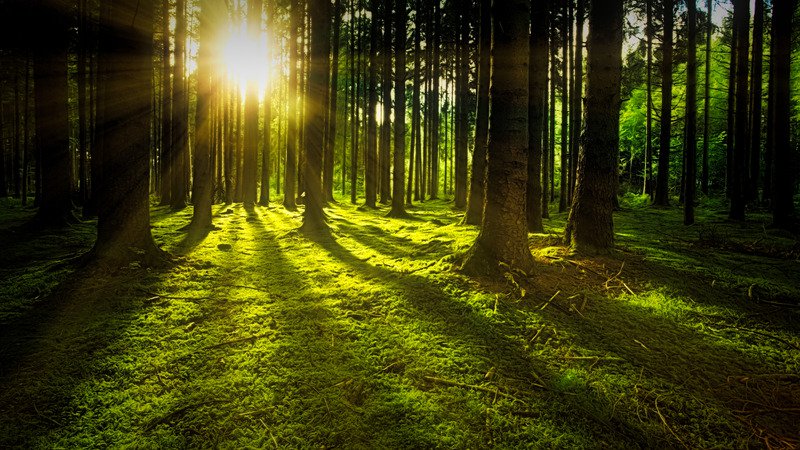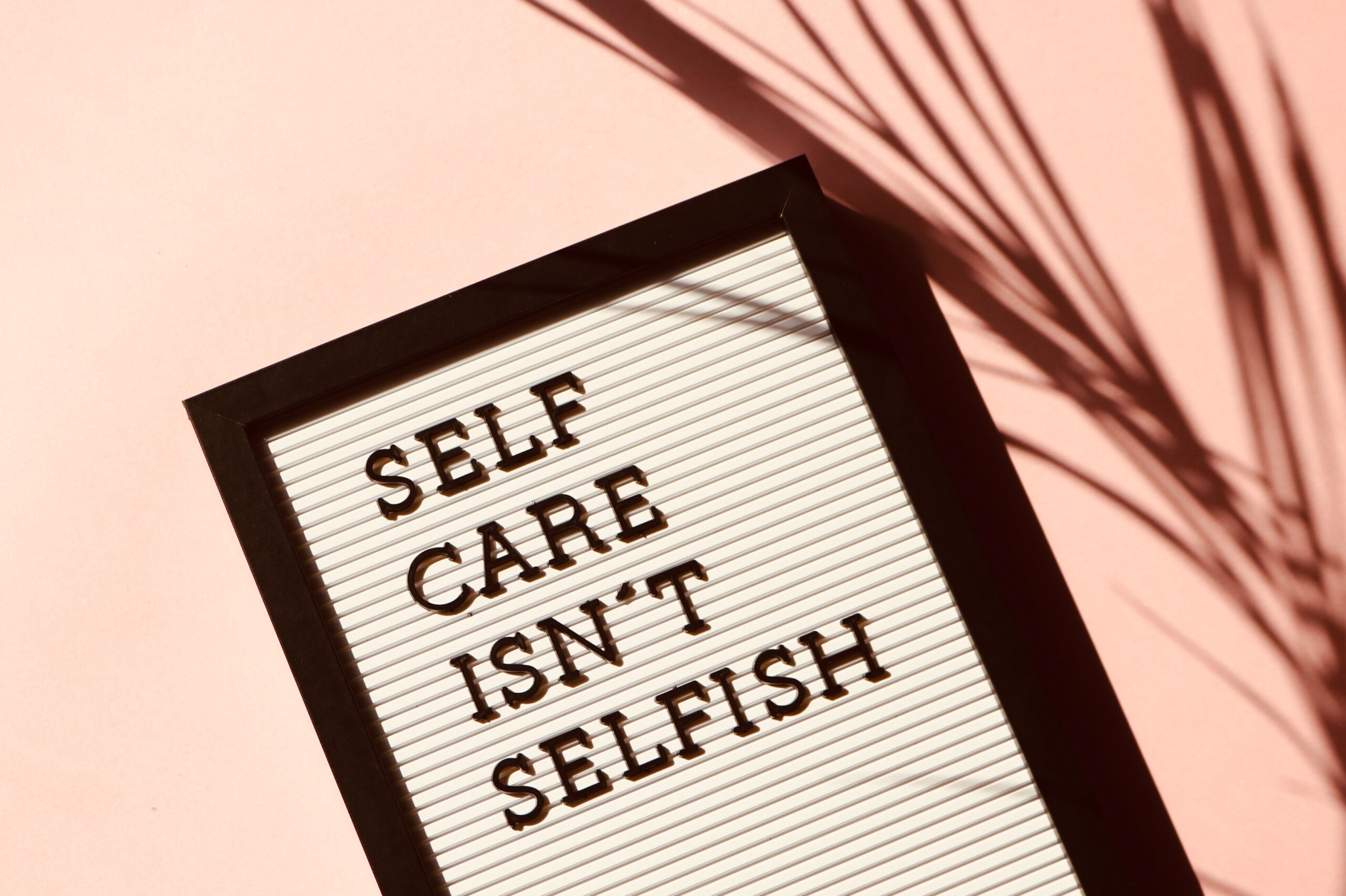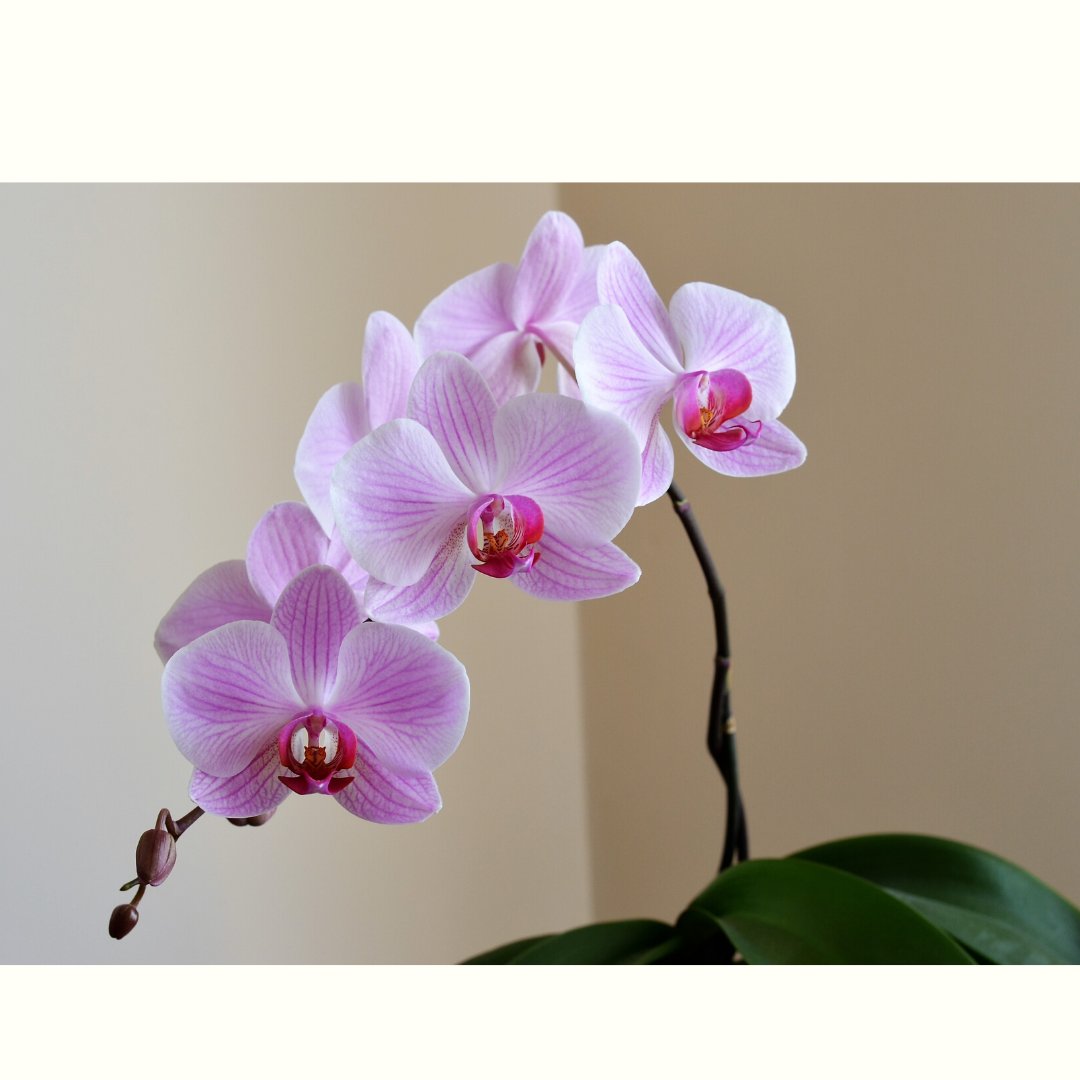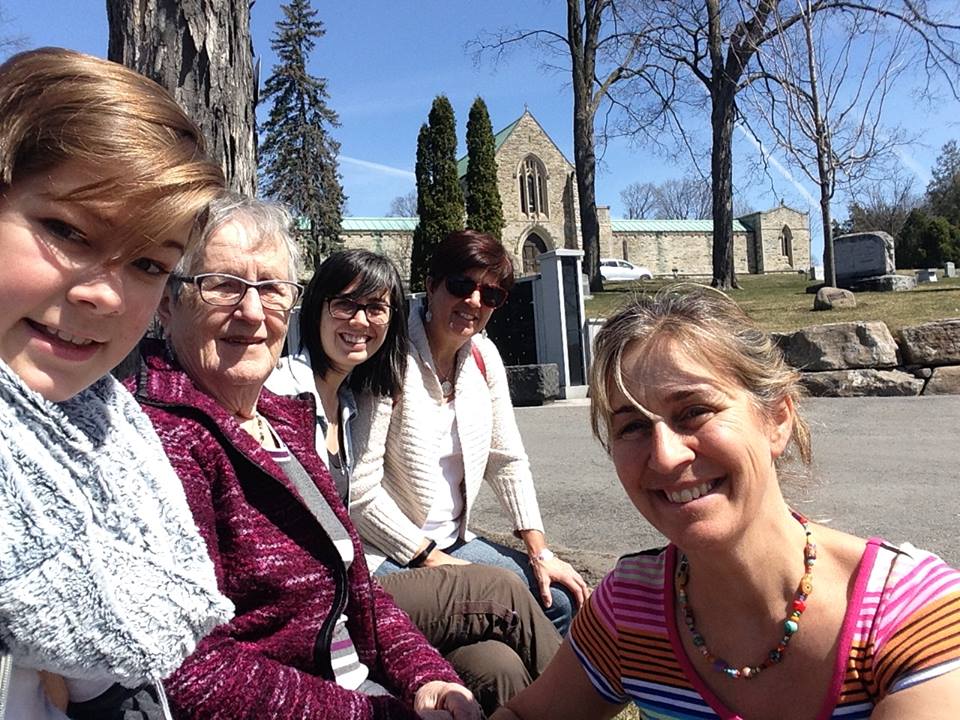by Lyne Desforges, Registerd Holistic Nutritionist
An Idea is Born
I was having a cup of tea with a good friend who shares the same birth year as me and she mentioned that someone she knew had done 60 new experiences in her 60th year. The idea was so appealing to me that I decided to do the same.
So I have decided that by the time I turn 60, on September 26, 2020, I will have added 60 new experiences to my life. Although that might seem daunting, the experiences can be as simple as trying a new food and as large as river-canoeing in the Northwest Territories. The idea is to get out there and try new things.
Age is just a number, right? But 60 is a big one. Although part of me is somewhat bewildered by the fact that I am already there, another part of me sees this as an opportunity for new beginnings. It is a chance to reflect on how I want to live the next few decades of my life.
Anybody who knows me will tell you I love change and I love to try out new things, within reason. It is so easy to get comfortable in our everyday routine but life is too short not to experience it to the fullest.
Stimulating the Brain
The other reason to do this is to push myself to keep trying new things. As we get older, it is important to keep learning, to continuously stimulate our brain. Some of the best ways to do this is by learning a new language or a new instrument. A recent study by UBC of more than 100,000 students showed that those who learned a musical instrument did better in their academic courses even when controlling for socioeconomic background and other factors.
Both physical and mental challenges are great for the brain, which explains why learning a musical instrument helped so much with cognition. Need some ideas? Try a new sport, learn a new dance, do some crossword puzzles, take an online course, make a new recipe, or read a non-fiction book.
My List of New Experiences so Far
Here are some of the new experiences I have added so far to my list of 60:
- Opening my own Instagram account (trying very hard to embrace and keep up with new technology and social media).
- Going to a book launch in Toronto’s East End (it would have been easy to just stay home and avoid driving all across the GTA).
- Attending a nomination meeting for the Liberal candidate in our riding (and I am not at all political).
- Visiting new places in the Northwest Territories (every Canadian should travel north of the 60th parallel at least once in their life).
- River canoeing on the Keele river in the NWT (that one was way out of my comfort zone).
By giving myself this goal of 60 new experiences, it also forces me to get out there and see what I can do and experience in my own community, whether it is free yoga in the park, music by the lake, or a new restaurant. I have totally enjoyed adding to my list and hope to surpass the goal of 60 by my 60th birthday.
So what happens when I turn 70? Well, first I do hope I get there in good enough shape to keep experiencing life to the fullest. Why not make it 70 new experiences? Only time will tell.
In the meantime, I challenge you to add more new experiences to your life so you can enjoy it the fullest. Enjoy a little discomfort once in a while. You will be surprised by how much fun you can have!
August 2019
By Lyne Desforges, Registered Holistic Nutritionist
The Japanese call it shinrin-yoku, which translates literally to “forest bath”. So what exactly is forest bathing? Quite simply, it is being immersed in nature and connecting with it through all five senses: sight, hearing, taste, smell and touch. By engaging with your surroundings, you get closer to the natural world that surrounds you.
More Urban Than Rural
According to the United Nations, 54% of the world’s population lived in urban areas in 2014 compared to 30% in 1950. That number is predicted to climb to 66% by 2050. In Canada, the numbers are even higher: in 2017 82.18 percent of the total population lived in cities.
Benefits of Forest Bathing
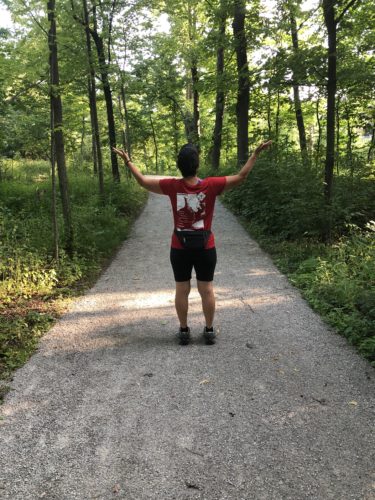
According to a 2014 study, regular forest bathing showed great benefits:
- lower heart rate
- increased energy
- decrease in symptoms of depression, fatigue, anxiety and confusion
- participants also mentioned feeling more calm and relaxed.
Mindfulness in Nature
So next time you are in the forest, take a moment to sit down and close your eyes. Listen to the sounds of birds; smell the earth and flowers; feel the soft soil and warm air around you. Open you eyes and delight in nature’s colourful canvas. Take a moment to be thankful for forests and green spaces that feed your soul.
Get Out There!
Here in Canada, we are very lucky to have access to so much forested areas. Even near densely populated areas, you can find parks, nature trails or small streams. Forest bathing is free and the mental benefits are priceless. So put on comfortable shoes, leave your earphones at home, and immerse yourself in the healing power of nature.
More Resources
For more information, check out Dr. Qing Li’s book Forest Bathing: How Tress Can Help You Find Health and Happiness or M. Amos Clifford’s book Your Guide to Forest Bathing: Experience the Healing Power of Nature.
